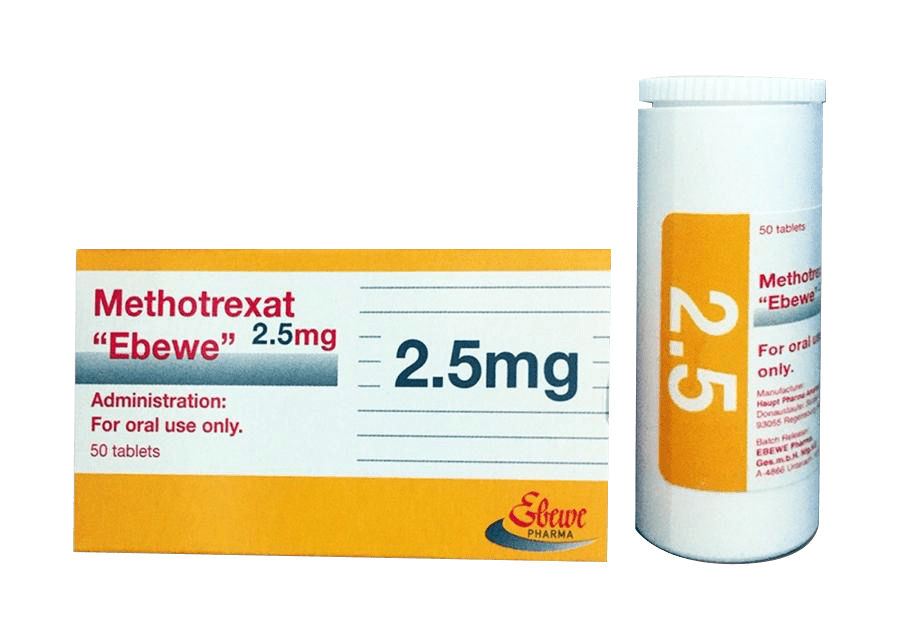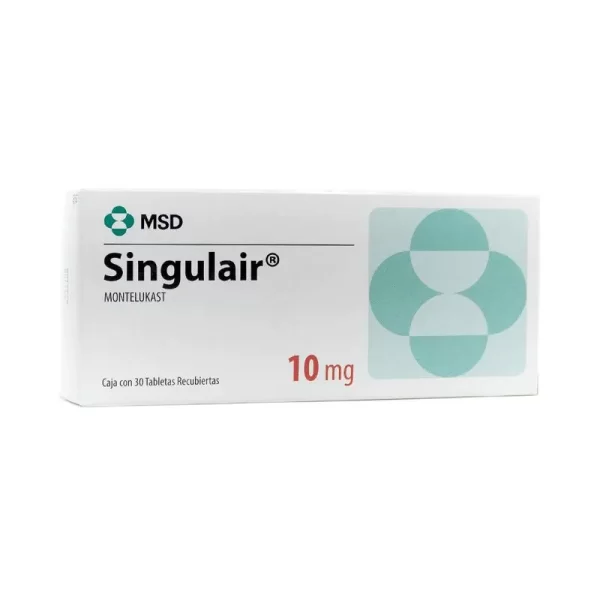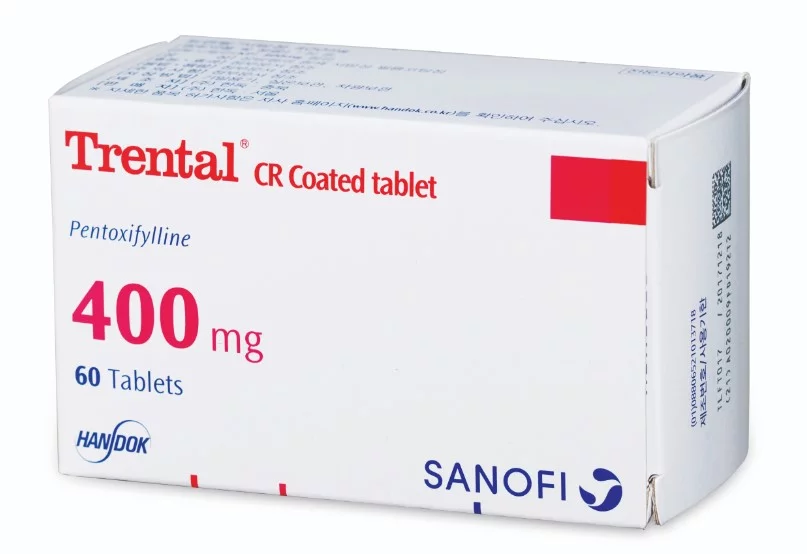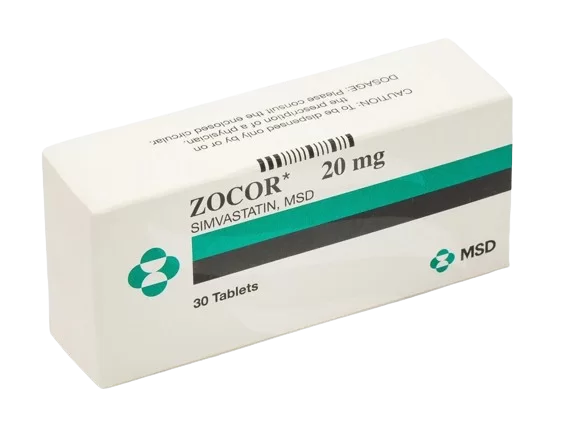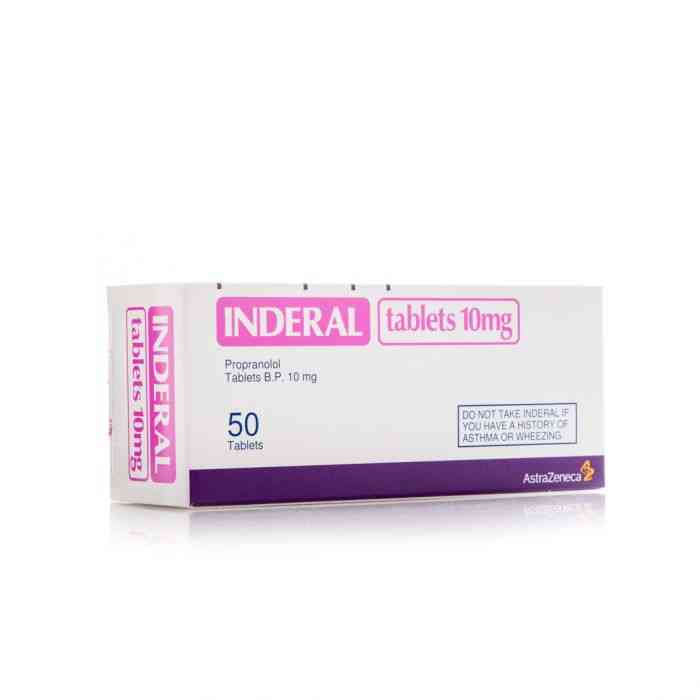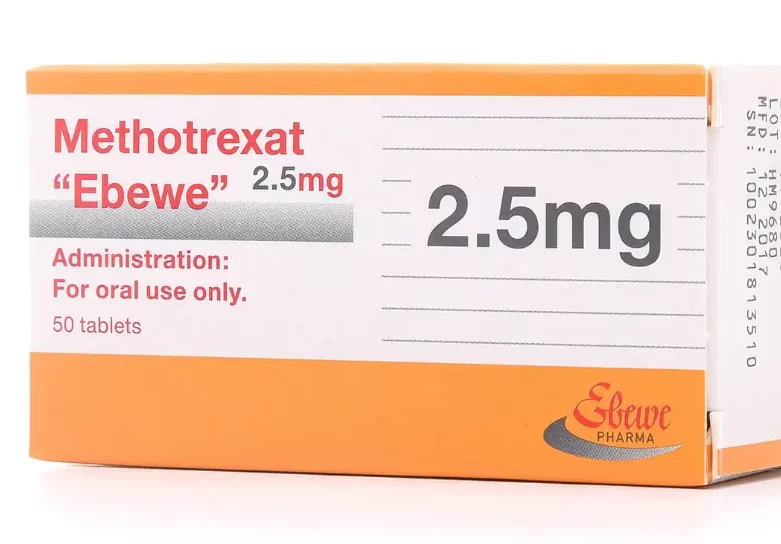
Methotrexate
Methotrexate - 10mg
| Product | Per Pill | Savings | Per Pack | Order |
|---|---|---|---|---|
| 10 pills | $6.26 | $62.60 | Buy Now | |
| 20 pills | $4.93 | $26.51 | $125.20 $98.69 | Buy Now |
| 30 pills | $4.49 | $53.03 | $187.80 $134.77 | Buy Now |
| 60 pills | $4.05 | $132.56 | $375.60 $243.04 | Buy Now |
| 90 pills | $3.90 | $212.10 | $563.40 $351.30 | Buy Now |
| 120 pills | $3.83 | $291.64 | $751.20 $459.56 | Buy Now |
| 180 pills | $3.76 | $450.72 | $1126.80 $676.08 | Buy Now |
Methotrexate - 5mg
| Product | Per Pill | Savings | Per Pack | Order |
|---|---|---|---|---|
| 10 pills | $4.00 | $40.00 | Buy Now | |
| 20 pills | $3.27 | $14.54 | $80.00 $65.46 | Buy Now |
| 30 pills | $3.03 | $29.08 | $120.00 $90.92 | Buy Now |
| 60 pills | $2.79 | $72.69 | $240.00 $167.31 | Buy Now |
| 90 pills | $2.71 | $116.31 | $360.00 $243.69 | Buy Now |
| 120 pills | $2.67 | $159.92 | $480.00 $320.08 | Buy Now |
| 180 pills | $2.63 | $247.15 | $720.00 $472.85 | Buy Now |
| 270 pills | $2.60 | $378.00 | $1080.00 $702.00 | Buy Now |
| 30 pills | $1.95 | $58.50 | Buy Now | |
| 60 pills | $1.58 | $22.34 | $117.00 $94.66 | Buy Now |
| 90 pills | $1.45 | $44.67 | $175.50 $130.83 | Buy Now |
| 120 pills | $1.39 | $67.01 | $234.00 $166.99 | Buy Now |
| 180 pills | $1.33 | $111.68 | $351.00 $239.32 | Buy Now |
| 270 pills | $1.29 | $178.69 | $526.50 $347.81 | Buy Now |
| 360 pills | $1.27 | $245.70 | $702.00 $456.30 | Buy Now |
Overview of Methotrexate
General Introduction to Methotrexate Methotrexate is a chemotherapy agent and immune system suppressant commonly used to treat various types of cancer, rheumatoid arthritis, and severe psoriasis. It works by inhibiting the enzyme dihydrofolate reductase, which is involved in the synthesis of DNA, RNA, and proteins. This inhibition leads to reduced cell proliferation, making it effective against rapidly dividing cells such as cancer cells and certain immune cells.
Key Benefits and Unique Properties of Methotrexate
- Cancer Treatment: Effective in treating various cancers, including leukemia, lymphoma, and breast cancer.
- Autoimmune Disorders: Reduces symptoms of rheumatoid arthritis and psoriasis by suppressing the immune system.
- Chemotherapy Adjunct: Often used in combination with other chemotherapy agents to enhance treatment efficacy.
- Anti-Inflammatory: Provides anti-inflammatory effects, reducing joint pain and swelling in rheumatoid arthritis patients.
- Versatile Administration: Available in oral, injectable, and intrathecal forms, allowing for flexible treatment options.
Effectiveness of Methotrexate Clinical studies have shown that Methotrexate is highly effective in reducing cancer cell proliferation, managing symptoms of rheumatoid arthritis, and controlling severe psoriasis. Patients with autoimmune disorders often experience significant symptom relief and improved quality of life within weeks of starting treatment.
Safety and Tolerability of Methotrexate Methotrexate is generally well-tolerated when used as directed, but it can cause side effects. Common side effects include nausea, vomiting, and fatigue. Serious side effects, such as liver toxicity, bone marrow suppression, and lung damage, can occur. Regular monitoring and patient education are essential to manage these risks and ensure safe use.
Indications for Use of Methotrexate
Diseases and Conditions Treated by Methotrexate Methotrexate is indicated for the treatment of various cancers (e.g., leukemia, lymphoma, and breast cancer), rheumatoid arthritis, and severe psoriasis. It is also used to manage ectopic pregnancies and certain inflammatory bowel diseases.
Primary Symptoms and Indications for Methotrexate
- Cancer: Reduces tumor size and slows the progression of cancer.
- Rheumatoid Arthritis: Reduces joint pain, swelling, and inflammation.
- Psoriasis: Controls severe skin symptoms by reducing cell proliferation.
Dosage and Administration of Methotrexate
Recommended Dosage of Methotrexate The recommended dose of Methotrexate varies depending on the condition being treated. For cancer, dosages can range from 10 to 500 mg/m² per cycle, depending on the type and stage of cancer. For rheumatoid arthritis, the typical dose is 7.5 to 25 mg once weekly. For psoriasis, the usual dose is 10 to 25 mg once weekly. Methotrexate can be taken orally or administered by injection.
Timing and Frequency of Methotrexate Administration
- Cancer Treatment: Administered as part of a chemotherapy regimen, often in cycles.
- Rheumatoid Arthritis and Psoriasis: Taken once weekly to manage symptoms and reduce inflammation.
Additional Recommendations for Methotrexate Use
- Folic Acid Supplementation: Patients are often advised to take folic acid supplements to reduce the risk of side effects.
- Monitoring: Regular blood tests are required to monitor liver function, kidney function, and blood cell counts.
- Missed Dose: If a dose is missed, take it as soon as remembered unless it is almost time for the next dose. Do not double the dose to make up for the missed one. Continue with the regular dosing schedule.
Mechanism of Action of Methotrexate
Description of Methotrexate Mechanism Methotrexate works by inhibiting dihydrofolate reductase, an enzyme crucial for DNA, RNA, and protein synthesis. This inhibition leads to reduced cell proliferation, making Methotrexate effective against rapidly dividing cells such as cancer cells and certain immune cells.
Biochemical Processes Involving Methotrexate The primary action of Methotrexate involves the inhibition of dihydrofolate reductase, leading to decreased production of thymidylate and purine nucleotides. This disrupts DNA synthesis and cell replication, particularly in rapidly dividing cells.
Physiological Effects of Methotrexate
- Organ and System Functions: Reduces cell proliferation in cancer and immune cells, providing therapeutic effects in cancer, rheumatoid arthritis, and psoriasis.
- Therapeutic Effects: Provides effective management of cancer by reducing tumor size and progression. In autoimmune disorders, it reduces inflammation and symptom severity.
Composition of Methotrexate
Active Ingredients in Methotrexate The active ingredient in Methotrexate is methotrexate, a folic acid antagonist that inhibits cell proliferation.
Inactive Ingredients in Methotrexate Inactive ingredients may include lactose, microcrystalline cellulose, sodium chloride, and other excipients that stabilize the formulation and ensure proper absorption and efficacy of the medication.
Side Effects of Methotrexate
General Introduction Understanding potential side effects is crucial for the safe use of Methotrexate. Patients should be aware of both common and serious side effects to monitor their health effectively while on the medication.
Possible Side Effects of Methotrexate
- Common Side Effects: Nausea, vomiting, diarrhea, fatigue, dizziness, and mouth sores. These side effects are usually mild and transient.
- Less Common Side Effects: Some patients may experience hair loss, skin rash, and sensitivity to sunlight.
- Serious Side Effects: Rare but serious side effects include liver toxicity, bone marrow suppression, lung damage, and severe allergic reactions. Immediate medical attention is required if any serious side effects occur.
Frequency and Severity of Methotrexate Side Effects Common side effects are generally mild and do not significantly interfere with daily activities. Severe side effects are rare but can be serious, necessitating immediate medical intervention. Regular follow-ups and patient education on correct usage can minimize risks.
Prevention of Side Effects of Methotrexate
General Introduction Preventing side effects is key to maximizing the therapeutic benefits of Methotrexate. By following preventive measures, patients can reduce the likelihood of experiencing adverse reactions.
Tips for Preventing Methotrexate Side Effects
- Follow Dosage Instructions: Use Methotrexate as directed to avoid excessive use, which can lead to adverse effects like liver toxicity and bone marrow suppression.
- Folic Acid Supplementation: Take folic acid supplements as recommended to reduce the risk of side effects such as mouth sores and gastrointestinal symptoms.
- Regular Monitoring: Regular check-ups with healthcare providers can help detect and manage potential side effects early.
- Consult Healthcare Providers: Inform your healthcare provider about any other medications or supplements to avoid potential interactions.
Contraindications for Methotrexate
General Introduction Understanding contraindications ensures the safe use of Methotrexate. Certain conditions and diseases may preclude the use of this medication.
Conditions and Diseases Contraindicating Methotrexate
- Hypersensitivity: Patients with a known hypersensitivity to methotrexate or any of its components should not use this medication. Allergic reactions can include symptoms such as rash, itching, swelling, and difficulty breathing.
- Pregnancy: Methotrexate is contraindicated during pregnancy due to its teratogenic effects, which can cause serious birth defects. Women of childbearing age should use effective contraception during treatment.
- Severe Liver or Kidney Impairment: Methotrexate is contraindicated in patients with severe liver or kidney impairment due to the risk of further organ damage.
Warnings/Precautions for Methotrexate
General Introduction Following precautions is essential to ensure the safe and effective use of Methotrexate. Patients should be informed about potential risks and how to mitigate them.
Important Warnings for Methotrexate
- Liver Toxicity: Methotrexate can cause liver damage, including fibrosis and cirrhosis. Regular liver function tests are necessary to monitor for signs of liver toxicity.
- Bone Marrow Suppression: Methotrexate can suppress bone marrow function, leading to decreased blood cell counts and increased risk of infections. Regular blood tests are required to monitor for bone marrow suppression.
- Lung Damage: Methotrexate can cause interstitial lung disease and pulmonary fibrosis. Patients should report any new or worsening respiratory symptoms to their healthcare provider immediately.
Precautions for Methotrexate Use
- Regular Monitoring: Regular check-ups with healthcare providers are essential to monitor liver function, kidney function, and blood cell counts.
- Patient Education: Patients should be educated on the proper use of Methotrexate, recognizing signs of serious side effects, and when to seek medical help.
Missed Dose of Methotrexate
General Introduction Proper management of missed doses helps maintain effective symptom control. Patients should be aware of how to handle missed doses to avoid disruptions in their treatment regimen.
What to Do If a Dose of Methotrexate is Missed If a dose is missed, it should be taken as soon as remembered unless it is almost time for the next dose. In such cases, the missed dose should be skipped, and the patient should continue with the regular dosing schedule. It is important not to double the dose to make up for the missed one, as this can increase the risk of side effects.
Tips for Adherence to Methotrexate
- Reminders: Use alarms or medication organizers to help remember to take Methotrexate as prescribed.
- Routine: Take the medication at the same time each week to develop a routine and reduce the chances of missing a dose.
Drug Interaction with Methotrexate
General Introduction Understanding potential drug interactions helps in avoiding adverse effects and ensuring the effectiveness of Methotrexate. Patients should be aware of common interactions and how to manage them.
Examples of Interactions with Methotrexate
- Nonsteroidal Anti-Inflammatory Drugs (NSAIDs): Concurrent use can increase the risk of Methotrexate toxicity, including liver damage and bone marrow suppression.
- Antibiotics: Certain antibiotics, such as penicillins and sulfonamides, can increase Methotrexate levels, leading to increased side effects.
- Proton Pump Inhibitors (PPIs): PPIs can reduce the clearance of Methotrexate, increasing the risk of toxicity.
- Folic Acid Supplements: While folic acid supplements are generally recommended to reduce side effects, excessive folic acid can interfere with Methotrexate’s efficacy.
How to Avoid Negative Interactions with Methotrexate
- Medication Review: Regularly review all medications with healthcare providers to identify and manage potential interactions before they cause adverse effects.
- Inform Healthcare Providers: Always inform healthcare providers of all medications being taken, including over-the-counter drugs and supplements, to ensure safe and effective use of Methotrexate.
Overdose of Methotrexate
Symptoms of Methotrexate Overdose Overdosing on Methotrexate can lead to symptoms such as severe nausea, vomiting, diarrhea, mouth sores, and unusual bleeding or bruising. In severe cases, it can cause liver damage, kidney failure, and bone marrow suppression. Immediate medical attention is necessary if an overdose is suspected to prevent serious complications and ensure prompt treatment.
Actions to Take in Case of Methotrexate Overdose
- Immediate Measures: Seek emergency medical attention or call a poison control center immediately if an overdose is suspected. It is important to provide healthcare professionals with information about the amount of medication taken and the time of ingestion.
- First Aid: While waiting for medical help, provide supportive care to the affected individual. This includes maintaining an open airway, monitoring vital signs, and keeping the person comfortable. Do not induce vomiting unless instructed by a healthcare professional. In a medical setting, treatments may include gastric lavage, activated charcoal administration, and symptomatic management to address specific overdose symptoms.
Pharmacokinetics of Methotrexate
Absorption of Methotrexate Methotrexate is absorbed from the gastrointestinal tract with an oral bioavailability of approximately 60%. Peak plasma concentrations occur within 1 to 2 hours after oral administration.
Distribution of Methotrexate Once absorbed, Methotrexate is widely distributed throughout the body, with a volume of distribution of approximately 0.4 to 0.8 L/kg. It is moderately bound to plasma proteins, primarily albumin.
Metabolism of Methotrexate Methotrexate is partially metabolized in the liver to active and inactive metabolites. Its primary active metabolite, 7-hydroxymethotrexate, also contributes to its therapeutic effects.
Elimination of Methotrexate Methotrexate and its metabolites are primarily excreted via the urine (approximately 80-90%), with a small amount excreted in the feces. The elimination half-life of Methotrexate is approximately 3 to 10 hours, but it can be longer in patients with impaired renal function.
Dosage Forms of Methotrexate
Available Dosage Forms of Methotrexate Methotrexate is available in several dosage forms, including oral tablets (2.5 mg, 5 mg, 7.5 mg, 10 mg, and 15 mg), injectable solutions, and intrathecal formulations. These various forms provide flexibility in administration, catering to different patient needs and preferences.
Advantages of Methotrexate Dosage Forms
- Tablets: Suitable for consistent weekly dosing, providing effective management of autoimmune disorders and certain cancers.
- Injectable Solutions: Convenient for patients who require precise dosing or cannot take oral medications.
- Intrathecal Form: Used for specific cancer treatments involving the central nervous system.
Pregnancy and Breastfeeding with Methotrexate
Safety of Methotrexate Use During Pregnancy and Breastfeeding Methotrexate is contraindicated during pregnancy due to its teratogenic effects, which can cause serious birth defects. It is also excreted in human milk, and due to the potential for serious adverse reactions in nursing infants, breastfeeding should be discontinued during treatment with Methotrexate. Women of childbearing age should use effective contraception during treatment and for at least six months after discontinuing Methotrexate.
Recommendations for Pregnant and Nursing Mothers Using Methotrexate
- Pregnancy: Methotrexate should not be used during pregnancy. Women of childbearing age should be advised of the potential risks and use effective contraception during treatment.
- Breastfeeding: Nursing mothers should discontinue breastfeeding during treatment with Methotrexate. Alternative feeding options should be discussed with healthcare providers.
- Consultation: Women planning to conceive should consult their healthcare provider to discuss alternative treatments and appropriate timeframes for discontinuing Methotrexate.
Storage Conditions for Methotrexate
Recommended Storage Conditions for Methotrexate Methotrexate should be stored at room temperature between 20°C to 25°C (68°F to 77°F). The medication should be kept in its original container, tightly closed, and out of reach of children. Protecting the medication from light and moisture helps maintain its stability and effectiveness. These storage conditions ensure that the medication retains its potency throughout its shelf life, providing consistent therapeutic effects.
Temperature and Other Conditions for Methotrexate Storage
- Temperature: Avoid storing Methotrexate in extreme temperatures (above 30°C or below 15°C). High temperatures can degrade the active ingredient, while low temperatures can affect the tablet’s integrity.
- Moisture Protection: Keep the medication away from high humidity environments such as bathrooms. Exposure to moisture can cause the tablets to break down or lose potency.
- Shelf Life: Check the expiration date on the packaging and do not use the medication past this date. Proper adherence to storage guidelines ensures the medication remains effective throughout its shelf life. If the medication shows any signs of deterioration, such as changes in color or texture, it should be discarded.
Clinical Trials and Efficacy of Methotrexate
Overview of Methotrexate Clinical Trials Methotrexate has been evaluated in numerous clinical trials to assess its efficacy and safety in treating various cancers, rheumatoid arthritis, and severe psoriasis. These studies typically involve large patient populations with various demographics and conditions. The trials are designed to measure improvements in symptoms, such as reduced tumor size, decreased joint pain and swelling, and improved skin lesions. The results consistently demonstrate the medication’s ability to provide significant therapeutic effects, supporting its use in clinical practice.
Key Findings and Conclusions of Methotrexate Studies
- Efficacy: Clinical trials consistently show that Methotrexate significantly reduces tumor size in cancer patients, alleviates symptoms of rheumatoid arthritis, and controls severe psoriasis. These findings highlight the medication’s effectiveness in improving patients’ quality of life and disease management.
- Safety: The safety profile of Methotrexate is well-documented, with a low incidence of severe side effects when used as directed. Long-term studies confirm its tolerability and continued effectiveness over extended periods. Patients generally experience minimal side effects, making it a reliable and safe treatment option for managing cancer, autoimmune disorders, and severe psoriasis.
- Comparison: Methotrexate’s efficacy is comparable to other chemotherapy agents and disease-modifying antirheumatic drugs (DMARDs). It provides an effective alternative or adjunctive therapy for patients who need comprehensive disease management.
Conclusion
Summary of Methotrexate Benefits Methotrexate is an effective and well-tolerated medication for managing various cancers, rheumatoid arthritis, and severe psoriasis. Its mechanism of action involves inhibiting dihydrofolate reductase, reducing cell proliferation, and providing therapeutic effects. Clinical trials have demonstrated its ability to provide significant improvements in disease symptoms and patient quality of life. The medication is available in various formulations, making it suitable for different patient needs.
General Recommendations for Methotrexate Use Methotrexate offers several advantages, including its effective disease management and versatility in administration. Patients and healthcare providers should consider Methotrexate for comprehensive management of cancer, rheumatoid arthritis, and severe psoriasis. Regular monitoring and adherence to prescribed dosages enhance its safety and efficacy. For optimal results, patients should follow their healthcare provider’s instructions and maintain open communication about their treatment progress.

